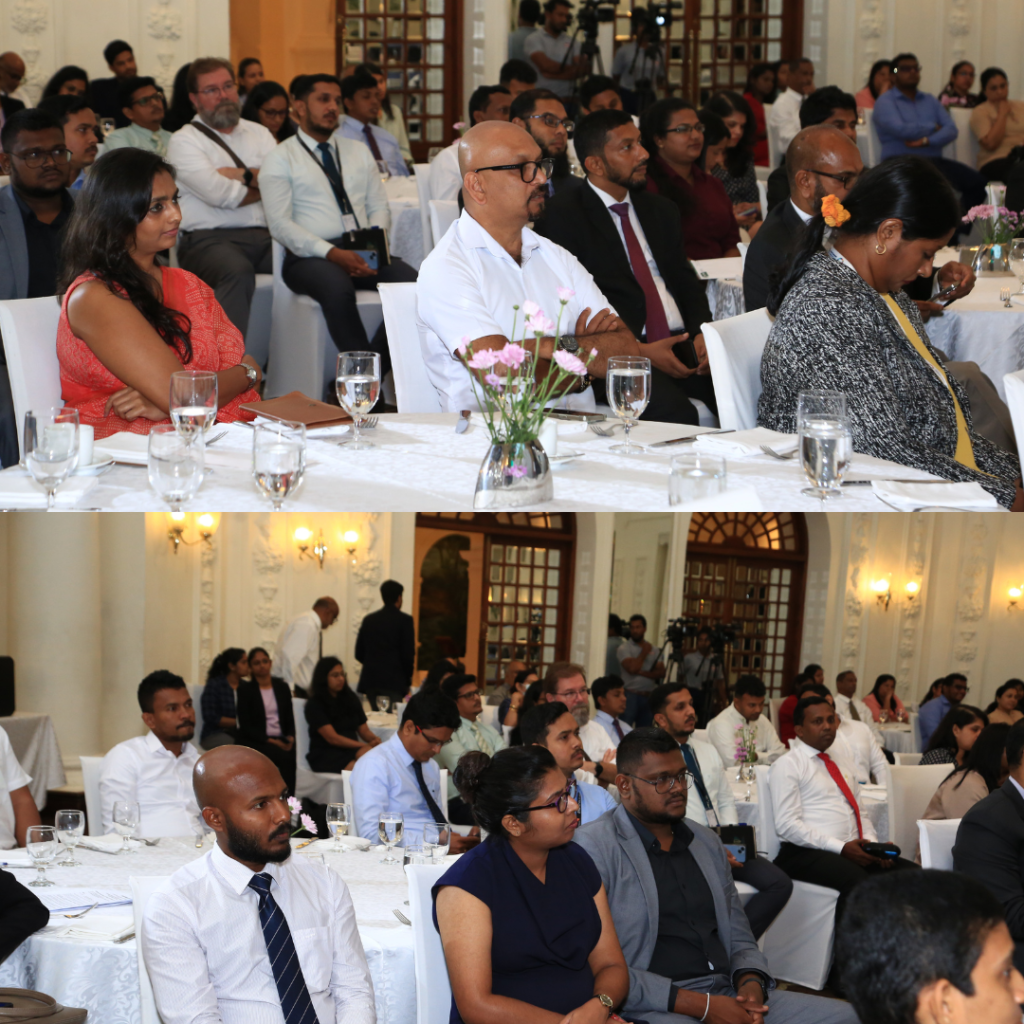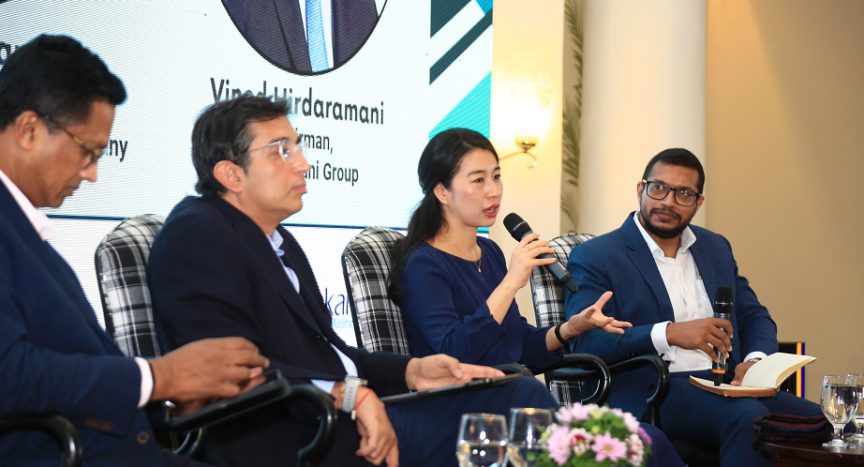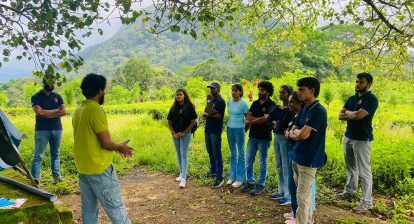Highlights from Biodiversity Sri Lanka’s 9th AGM and CEO Forum
In August 2012, Biodiversity Sri Lanka (BSL) was founded as a unique initiative by the Ceylon Chamber of Commerce (CCC), in collaboration with the International Union for Conservation of Nature (IUCN) and Dilmah Conservation. The goal was simple yet profound: to unite the private sector in championing conservation and sustainability in Sri Lanka. Since its inception, BSL has become a beacon for sustainability-driven business practices, fostering a community of organisations striving to balance economic progress with environmental preservation.

Fast forward to today, BSL recently hosted its 9th Annual General Meeting and CEO Forum, featuring an engaging panel discussion titled “Redefining Global Business: Pioneering Sustainability for a Greener Tomorrow.” The panel brought together three prominent voices in sustainability—Ms. Yvonne Zhang from Deloitte Singapore, Mr. Vinodh Hirdaramani, Chairman of Hirdaramani Group, and Mr. Dilhan Fernando, Chairman of Dilmah Ceylon Tea Company (see in above photo).
Shifting Perspectives on Investment
During the forum, the panelists highlighted the evolving approach to business investments, especially in today’s unpredictable world. Traditionally, investments were centered around stability and predictability. But as Ms. Yvonne Zhang aptly noted, “We do not have stability anywhere in the world anymore. We wish we do. But we are in an unpredictable world now because of climate change and economic cycles.”
This shift has led businesses to rethink sustainability—not merely as “the right thing to do” but as a long-term value proposition essential for navigating uncertainty. Companies that embed sustainability into their core operations are better equipped to adapt to challenges brought about by climate change and fluctuating economic trends.
Sustainability as an Investment, Not a Cost
One of the key takeaways from the forum was that sustainability should not be viewed as a cost that requires compensation. As Ms. Zhang explained, “If there is potential for longevity in a business, then there is investment value.” In other words, sustainability is a growing necessity—one that businesses must address to stay relevant and competitive.
Mr. Vinodh Hirdaramani shared his firsthand experience as a pioneer in corporate sustainability initiatives. He highlighted that investing in a sustainable factory cost 30-35% more than a traditional one, yet the decision was driven by long-term thinking. “Sustainable initiatives will always include a cost,” he remarked, “but sustainability is all about long-term thinking.”
For forward-thinking companies, sustainability presents more than just a way to manage risks. It opens doors to innovation, the creation of new markets, and builds trust with consumers who are increasingly aware of the environmental and social impacts of the products and services they choose.
Consumer Involvement in Corporate Sustainability Ethics
Interestingly, consumer involvement in corporate sustainability ethics has surged in recent years. As Mr. Dilhan Fernando pointed out, just five years ago, many businesses hesitated to invest in these principles. However, companies are now facing the consequences of neglecting sustainable practices, which has compelled them to adopt ethical standards in their business strategies. The shift is clear—today’s consumers demand greater accountability and responsibility from the companies they support, transforming sustainability from a niche concern into a fundamental driver of business success.
Conclusion
As the 9th Annual general Meeting and CEO Forum of Biodiversity Sri Lanka concluded, it was clear that businesses must fundamentally rethink how they invest in sustainability. The discussions underscored that integrating sustainable practices into business models is no longer a mere option—it’s an essential step toward creating a greener and more resilient future.







